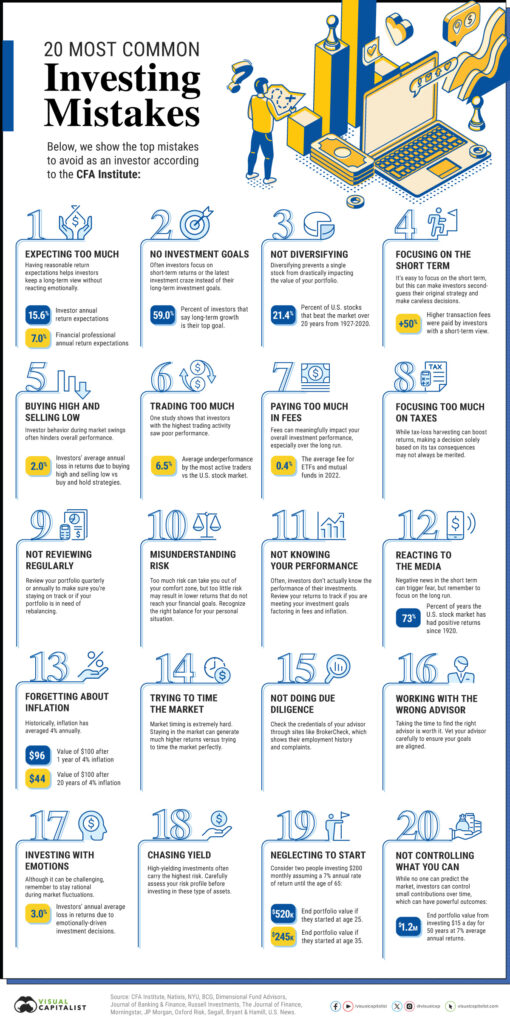Extreme behavior results in extreme outcomes.
This isn’t an optimal fallout for parenting and financial advice.
There’s an emerging philosophy circulating in America’s playgrounds concerning parental behavior.
It’s called Gentle Parenting. It’s the antithesis of the Because I said so crowd.
Gentle parenting targets a new approach to raising children, emphasizing empathy, respect, and understanding in parent-child relationships. All of these characteristics are commendable.
Like many ideas, gentle parenting hits roadblocks in practical application.
According to The New Yorker:
The gently parented child, the theory goes, learns to recognize and control her emotions because a caregiver is consistently affirming those emotions as real and important. The parent provides a model for keeping one’s cool, but no overt incentives for doing so—the kid becomes a person who is self-regulating, kind, and conscientious because she wants to be, not because it will result in ice cream. Gentle parenting represents a turn away from a still dominant progressive approach known as “authoritative parenting,” which likewise privileges emotional attunement but allows for positive and negative reinforcement. Authoritative parents may use time-outs and groundings, for example, which are discouraged by their gentle counterparts.
Toddlers aren’t the most reasonable fellows when they’re throwing tantrums. To be kind, Most would agree that implementing a Camp David Accords approach is unrealistic. If nothing else, parents don’t have the bandwidth to negotiate endlessly with five-year-olds over their choices and feelings. They would never leave the house!
Time-outs and other non-abusive punishments set boundaries and prepare children for real-world consequences. Permissiveness is not only bad for the child, but it increases the chances for parental burnout due to interminable negotiations over putting things like one’s shoes on.
It’s not just an issue with toddlers. Recently, our twenty-year-old son theorized it would be an excellent idea to invite his underage pals over for some casual drinking.
The response was a Hard No.
The conversation lasted 5 minutes. If a tragedy occurs, you don’t pay the mortgage and will not bear the financial responsibility. When you are 21, the conversation changes, but as of now, this is an all-risk, no-reward option that isn’t happening.
The response – We drink at school, so you’re being a hypocrite!
Our retort- Nope, we can’t control what happens in college, but we can control it in our home—end of discussion.
He pouted and then moved on to another, more inane topic before leaving to play video games.
How does this relate to giving financial guidance where there are legions of opportunities to screw things up?

Of course, dealing with adults differs from conversing with first graders or surly teens. Empathy, compassion, and listening are outsized components in formulating a goals-based financial plan.
That being said, there is one part of the discussion where the hammer of authority thunders vociferously – Investment Strategy.
While we offer several portfolios to help meet clients’ goals while taking the appropriate risk, this is where it ends.
The client cannot and will not be part of the investment committee, a group of qualified people who rigorously examine all portfolio decisions.
Our portfolios aren’t Burger King. You don’t have it your way.
This hard-line provides enormous protection from naked options, highly leveraged ETFs, currency bets, politically inspired investments, and other hand grenades that have the potential to blast to smithereens years of hard-earned savings in an instant.
Having an adult in the room who isn’t willing to negotiate away sound investing principles is tough love of the highest quality.
It’s OK to be the bad guy. Your kids and clients will thank you later.





